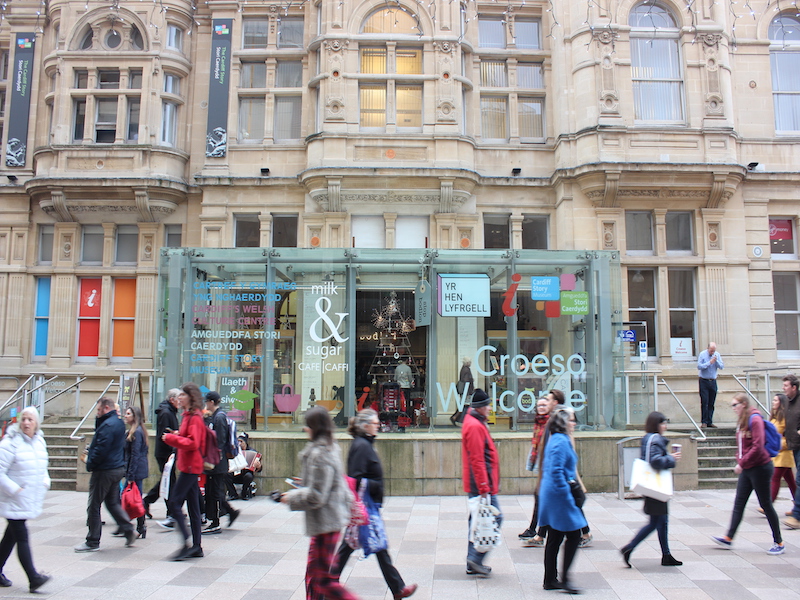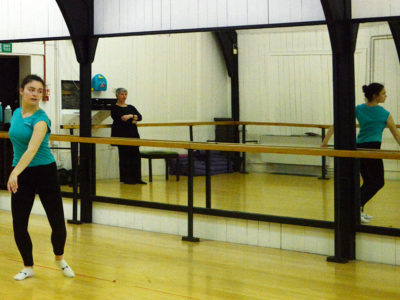The Future Grants programme isn’t just limited to Cardiff:
Torfaen & Caerphilly
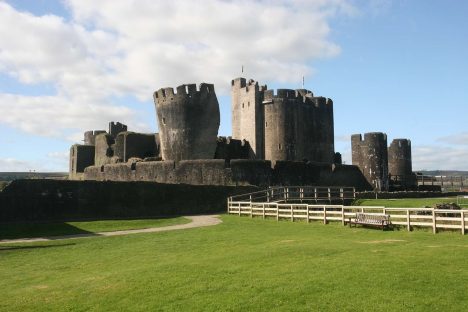 Caerphilly Castle
Caerphilly Castle
These two areas of Wales have combined in their effort to rid poverty from Wales though the Future Grants Programme. Their primary aim is to change the way people think and feel about arts, culture and heritage.
Neath Port Talbot

Port Talbot Beach
Tai Tarian is one of the largest social housing providers in Wales and supports volunteering opportunities, employability, financial literacy and numeracy programmes.
Swansea
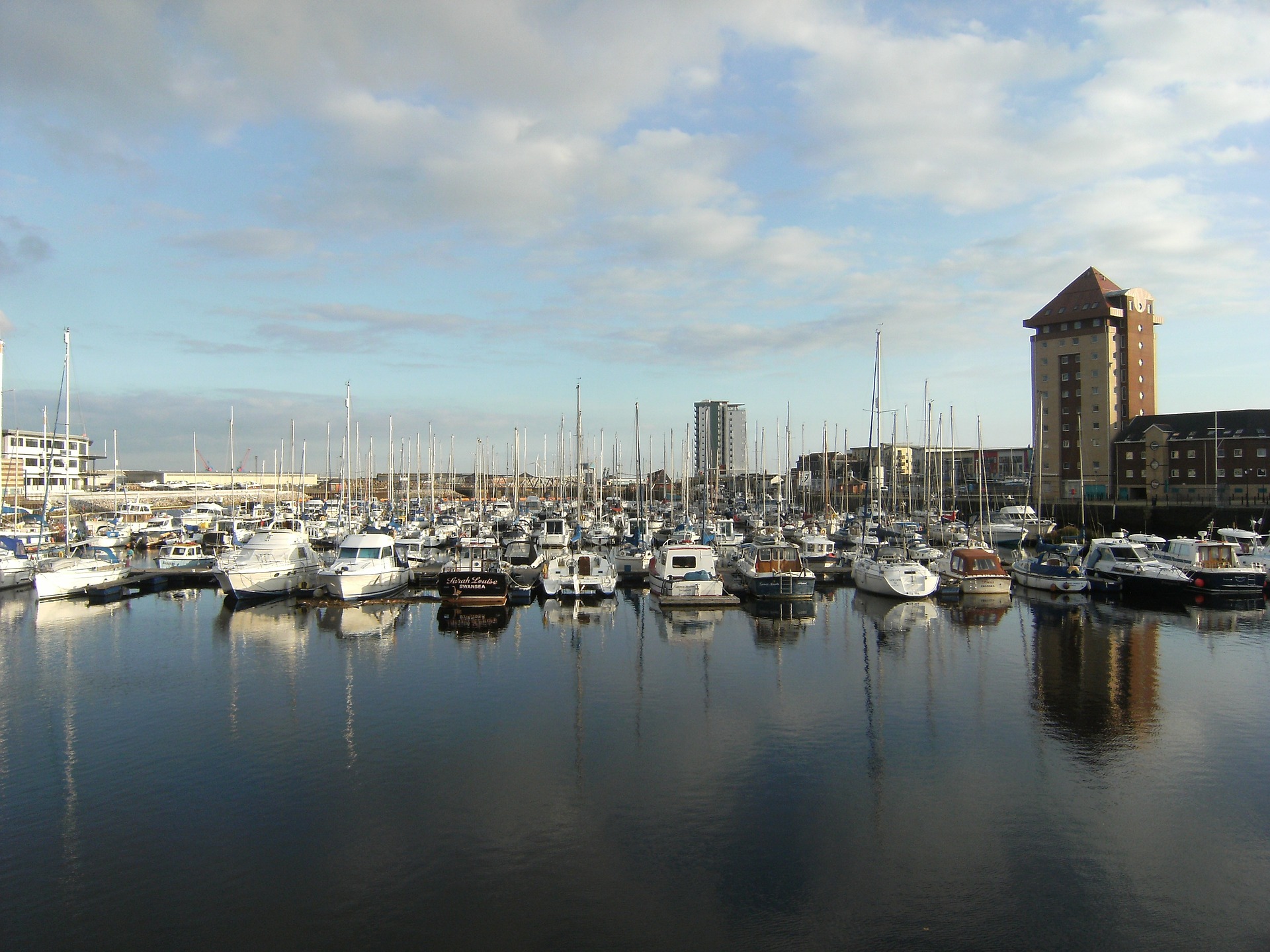
Swansea Marina
Building on the success of the Swansea Creative Learning Partnership, the city and county of Swansea is driving forward with volunteering opportunities and building further community links.
Cardiff Story Museum is aiming to tackle poverty by utilising the rich supply of Welsh culture and heritage
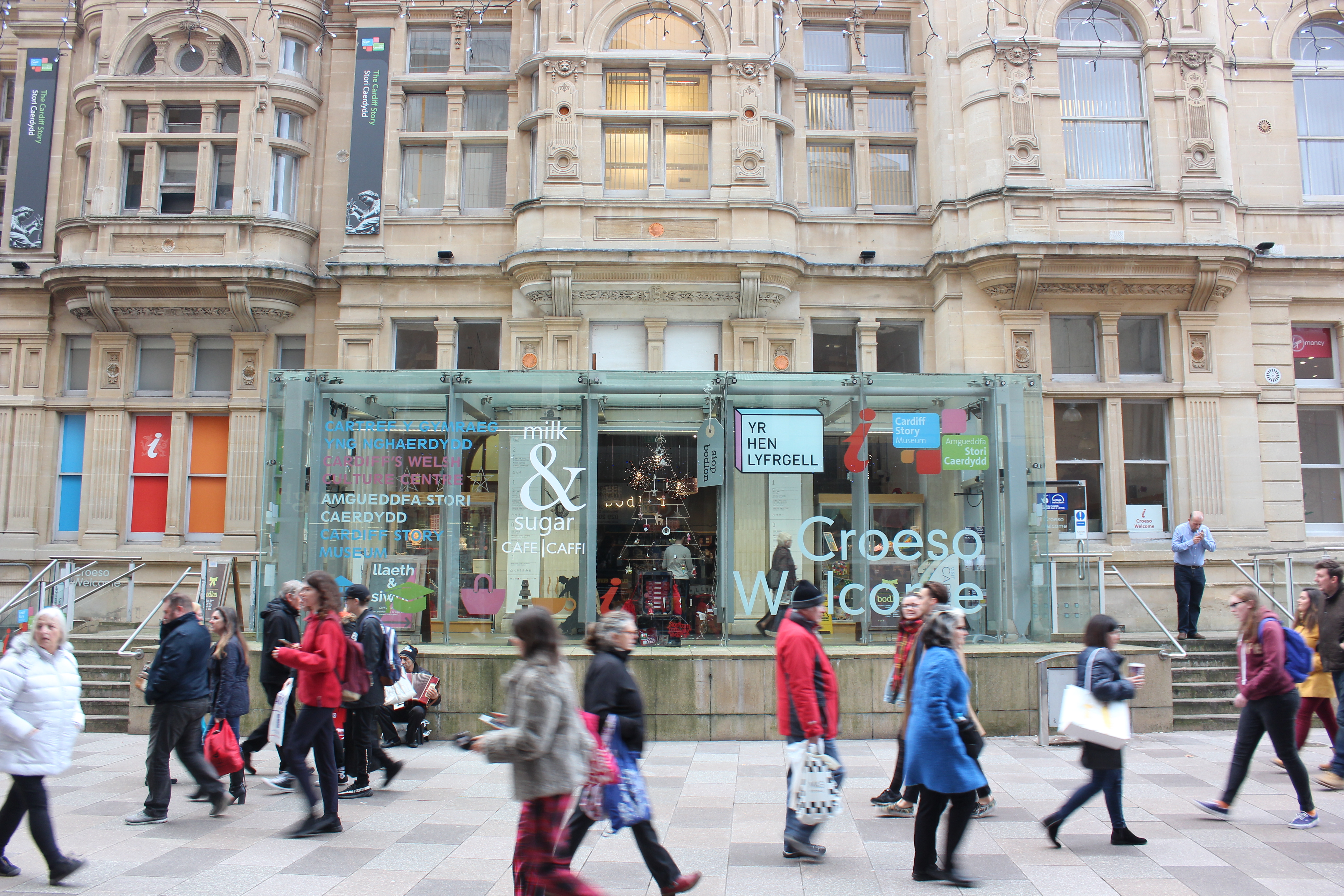
The Cardiff Story Museum invites all to enter, with its transparent entrance
A quarter of people in Wales are living in poverty. This is according to new research conducted by Oxfam Cymru who is working to accurately assess the true level of destitution in the country.
However, the figures themselves are only half of the equation – the question remains: once the level of Welsh poverty is assessed, how can it then be tackled?
Hidden poverty on our doorstep
NUJ Training Wales collaborated with Oxfam Cymru earlier this month to highlight the difficulties in measuring poverty.
Current figures show that 24% of people in Wales receive less than 60% of the living wage. That equates to 700,000 people in the country. The data also highlights a gender imbalance. Women are employed in 80% of part-time jobs, which means they are receiving a lower salary than those in full-time work.
A potential route out of poverty is a place in the job-market. Figures from the Welsh Government show a decrease in unemployment levels, but many are still trapped beneath the poverty line.
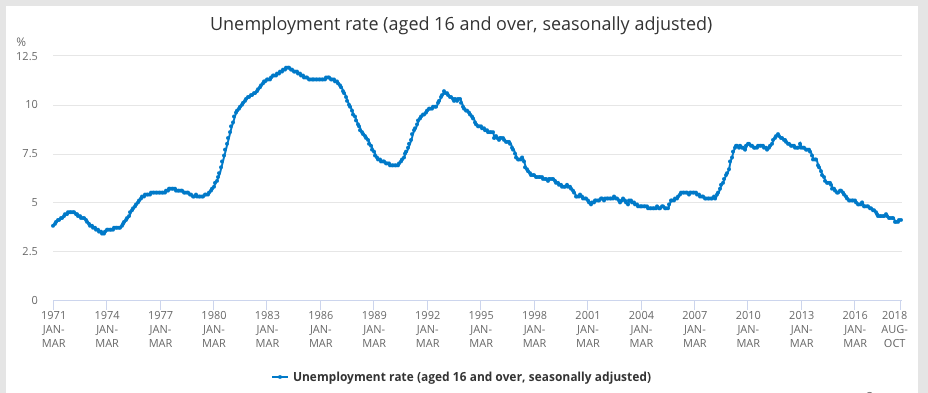
The figures show a promising reduction of unemployment in recent years (credit: Office for National Statistics)
Welsh organisations are examining alternative ways of combatting the problem. One such group believes that heritage, culture and the arts are a promising step across the poverty line.
The way out?
The Fusion Programme, created by Baroness Kay Andrews OBE has emerged as an enterprise dedicated to alleviating poverty through culture, art and heritage. The government backed plan provides skill-learning and education that could help those facing hardship progress into the job market.
Baroness Kay Andrews OBE is Trustee of the Prince’s Regeneration Trust, a collection of UK charities of which Prince Charles is President.
The goal of the Fusion Programme is to connect people to Welsh history, whilst providing them with a skill-set that can help them in their future job search.
Between 2015 and 2017 over 5,000 people took part in Fusion activities. Following the success of their pilot phase, Fusion Challenge Grants was created to take the initiative forward between 2017-2019. The grants have been awarded to several areas in South Wales.
Cardiff Story Museum
The Cardiff Story Museum, based in the centre of Cardiff, hopes to link its facilities and investment in heritage to the alleviation of poverty in South Wales, specifically the capital city.
According to the museum manager Victoria Rogers, the museum put itself forward to lead Fusion in Cardiff. “Our application was created with a group of over 25 different cultural and community partners from Cardiff,” Victoria said.
Victoria suspects that the museum was chosen because of the varied levels of poverty in Cardiff. The Chldren in Low-income Families local Measure (August 2014) cited that over a quarter of children in Cardiff were in low income families. Victoria highlights this exceeds the proportions for both Wales (22.5%) and the UK (20%).
“Benefits range from gaining qualifications and moving closer to the job market” – Victoria Rogers (museum manager)
How does it work?
Cardiff Story Museum acts as leader and manager of the fusion programme in Cardiff, but not all work is done there, however, they do host a series of workshops as part of their commitment to tackling poverty.
The programme aims at helping a broad range of people, with circus skills workshops aimed at young people with mental health issues, and reminiscence workshops for older people. These are aimed at helping the individual, but the museum also provides practical elements for gaining employment, such as qualifications in digital skills, researching local heritage to create exhibitions and gain qualifications.
Alongside these there are also visits to heritage and arts venues, such as theatres, art galleries and music venues.
Is it effective?
The museum can point to a series of stats which shows the efficacy of the programme in Cardiff. Over the last 18 months 2,732 family members have engaged in activities. Amongst these, 152 have gained qualifications, 151 have gained voluntary work experience with 48 experiencing more formal work placements.
The programme has also succeeded with improving the digital skills of 187 people and helped provide 1523 pupils with access to cultural venues across the city.
“Benefits range from gaining qualifications and moving closer to the job market,” Victoria said.
Who benefits?
Across their range of workshops and activities, the Fusion programme has gained feedback from a wide range of groups, which give an insight into how the programme is being received by those who are actively participating.
When asked how the Wellbeing event made them feel, the Princes trust group received responses such as, “happy”, “stress free” and “feels like I’m stronger than I actually am.”
One secondary school pupil said, “I wasn’t a museum person [before]” before adding, “if someone said museums were boring on TV, I would complain [now].”
Moving Forward
While there are many people living in poverty at this time, the Fusion Grant Programme seems to have recognised that poverty can be ongoing, affecting children who may then become stranded in similar circumstances.
By expanding the world-view, qualifications and skill-set of these children, as well as their parents and grandparents alike, the fusion programme and the Cardiff Story Museum with it, continue to do their part to tackle the pervasive problem of poverty in Cardiff.
The Future Grants programme isn’t just limited to Cardiff:
Torfaen & Caerphilly
 Caerphilly Castle
Caerphilly Castle
These two areas of Wales have combined in their effort to rid poverty from Wales though the Future Grants Programme. Their primary aim is to change the way people think and feel about arts, culture and heritage.
Neath Port Talbot

Port Talbot Beach
Tai Tarian is one of the largest social housing providers in Wales and supports volunteering opportunities, employability, financial literacy and numeracy programmes.
Swansea

Swansea Marina
Building on the success of the Swansea Creative Learning Partnership, the city and county of Swansea is driving forward with volunteering opportunities and building further community links.

